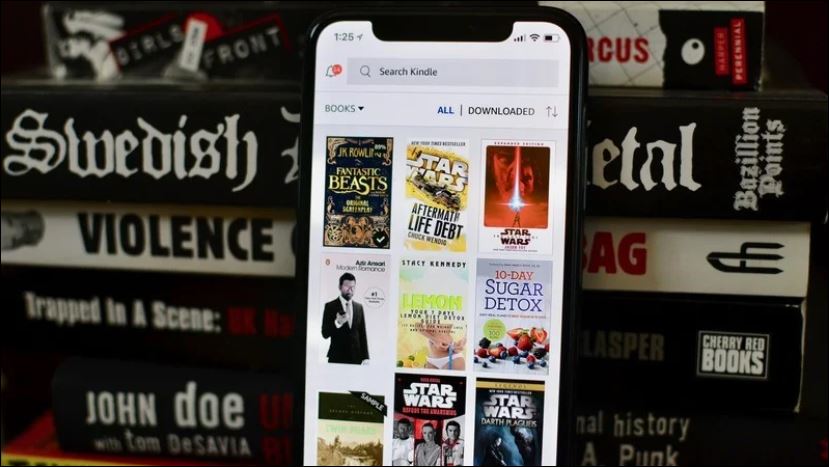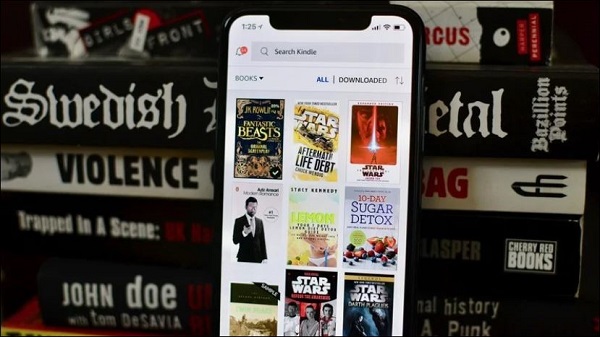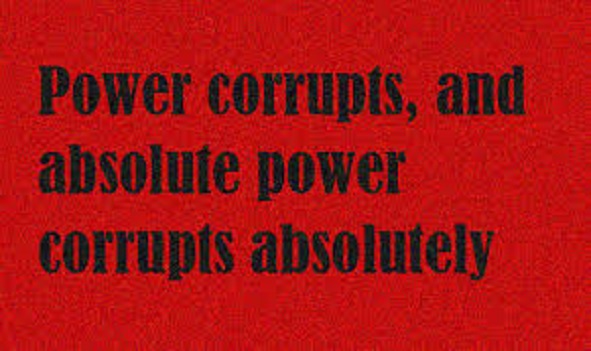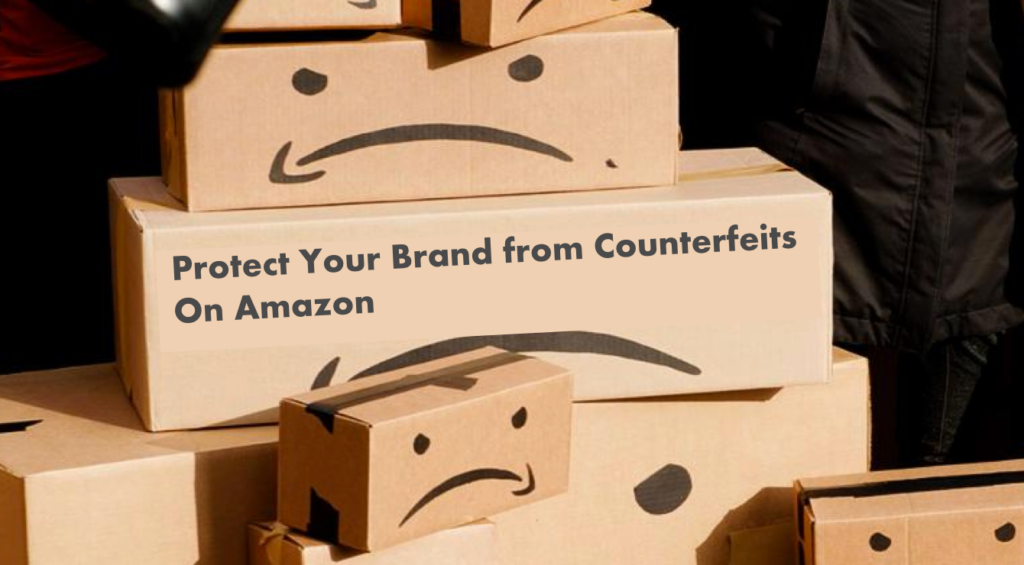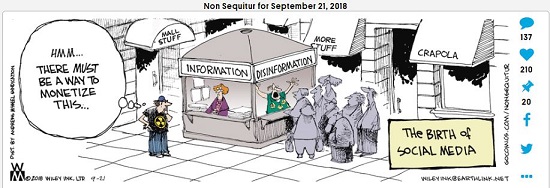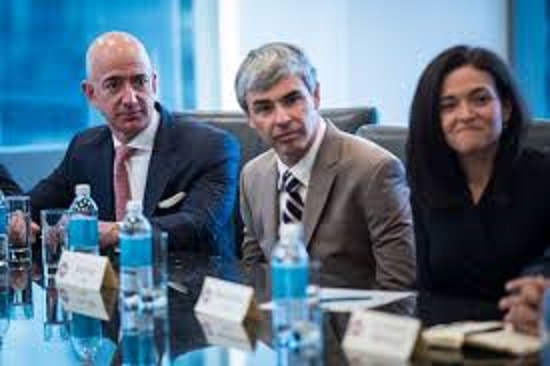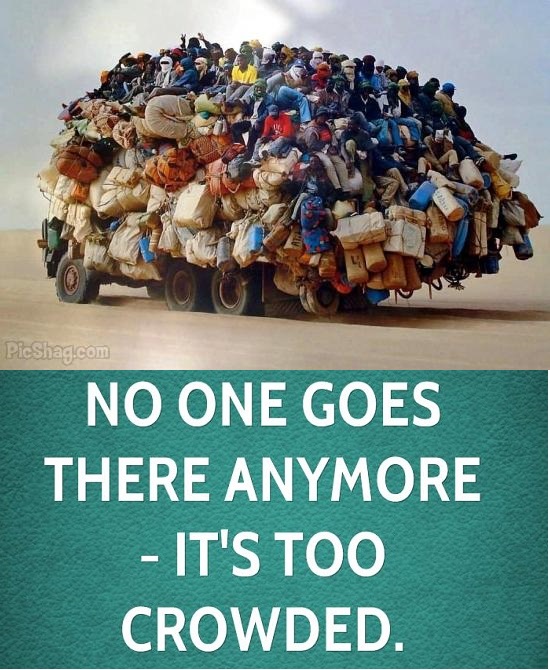
Don’t Google and Amazon Read Businessweek? At least Google has the excuse that they were born and grew up in Silicon Valley and have always lived here. So it may be instinctive for them to keep on wanting to out-Silicon-Valley Silicon Valley. As for Amazon, Jeff Bezos’ historically bare bones operating philosophy has apparently changed if he now wants to pay big bucks for the facilities and staff in Silicon Valley.
Even worse, no other than the CEO of Silicon Valley Leadership Group who was just given accolades by the San Jose Mercury News may be one of the villains. Although Carl Guardino wants to “exorcise the twin demons of housing shortages and traffic jams” he appears to be focusing only on the traffic jams part. (This, in turn, may be due to the fact that he commutes to work by bike 17 miles each way, from tony Monte Sereno to the airport. He may actually get to work faster that way than by car, but Google Maps shows one hour and twenty minutes, though there are fortunately two alternatives that are trails. The third is via an expressway, which is not cyclist-friendly.) He apparently expects somebody else to deal with the housing shortage, a poignant example of suboptimization. (Interestingly, the definer of suboptimization is a San Joe State professor, who no doubt has lots of local examples to cite.) Apparently HE thinks that having fast transportation allows people to live farther away, where housing is affordable. WE think that the proposed “Google transit village” (that puts 20,000 Google employees in offices adjacent to Diridon Station) will be a nightmare because it puts too many eggs in one basket. And if you want to know what Silicon Valley residents REALLY think, have a look at the Comments accompanying the article about Carl Guardino.
Another consideration is that past experience regarding the preferences of high-tech company employees is that managers have families and prefer to live toward the San Jose end so they can have grass to play on, whereas single guys writing code prefer to live in San Francisco so they can party. Where will the party scene shift to? Will hungover software engineers want to commute from San Francisco to Diridon Station on BART? And can their bosses afford to live in closer proximity to Diridon Station? Houses in nearby Sunnyvale are selling for nearly $800,000 over their asking prices.
What about Amazon? While those with vested interests—politicians, city planners, tax assessors, etc.—are positive, knowledgeable local residents (and newspaper columnists) are not. Maybe Amazon’s own planners and cost accountants will horrify Jeff Bezos so much that he will choose some other city on the Businessweek pictogram who will appreciate him more and charge him less. Or maybe he will get creative with a twist like the giant factory towns in China, which have dormitories and apartments and stores, and propose to build giant apartment buildings to overcome the housing and traffic challenges.
